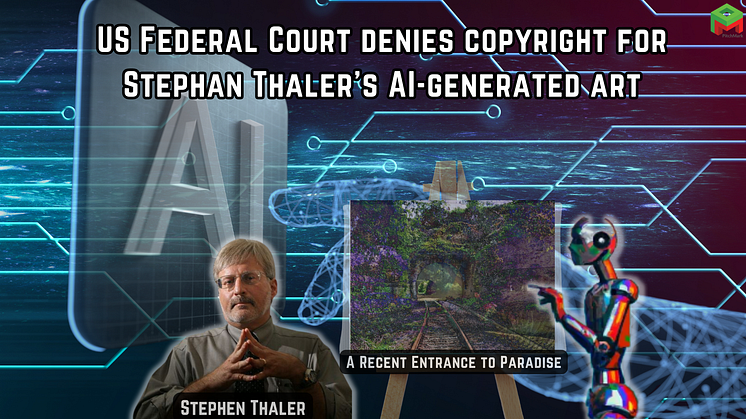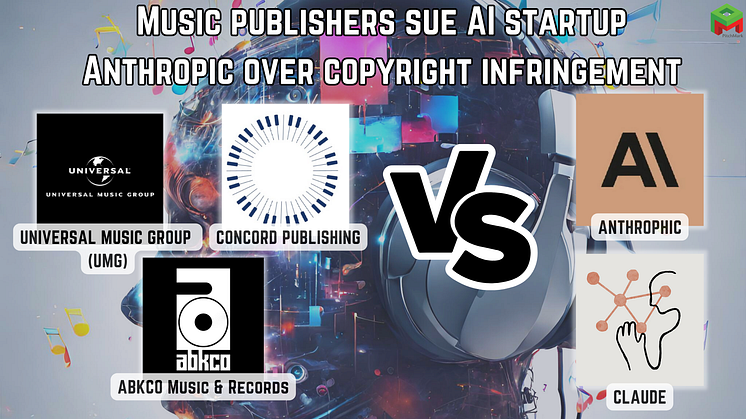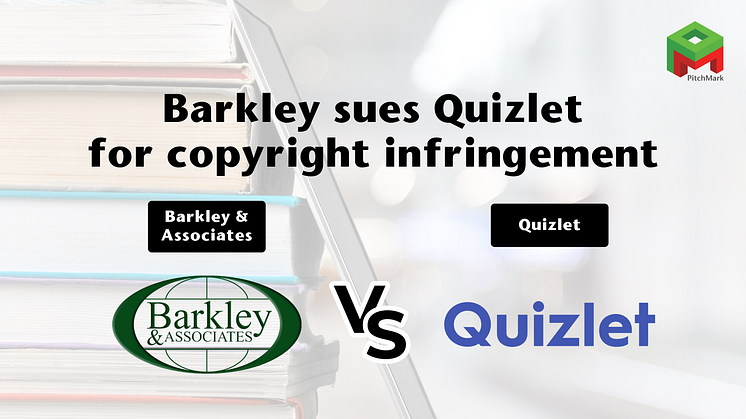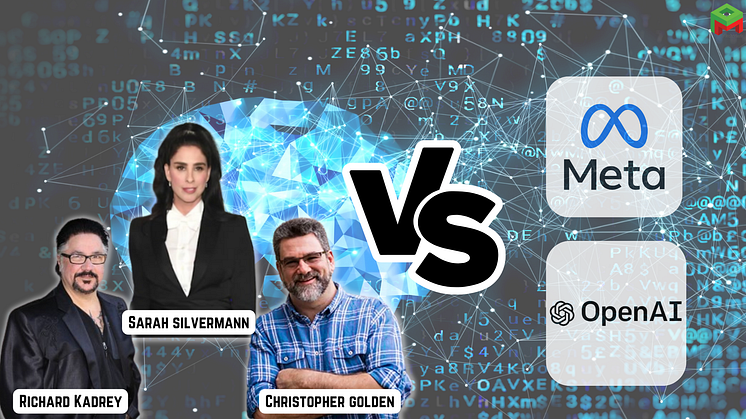
News -
US Federal Court denies copyright for Stephan Thaler‘s AI-generated art
You can create all the generative AI art you want, but it won't be covered by copyright regulations.
According to The Hollywood Reporter, a federal court determined that AI-generated art cannot be protected by copyrights since copyright law only applies to human people.
After the US Copyright Office twice denied plaintiff Stephan Thaler a copyright for a picture produced by his program, the matter was brought before the US District Court for the District of Columbia.
Thaler owns a computer system he calls the “Creativity Machine,” which he claims generated a piece of visual art of its own accord. He sought to register the work for copyright, listing the computer system as the author and explaining that the copyright should transfer to him as the owner of the machine.
Judge Beryl A. Howell agreed with the office's judgement stating that “defendants are correct that human authorship is an essential part of a valid copyright claim.
According to the memo, when Thaler asked for a reconsideration of his application, he claimed that "AI should be 'acknowledge[d]... as an author where it otherwise meets authorship criteria, with any copyright ownership vesting in the AI's owner"
Howell disagreed with the plaintiff's justification, stating that although "copyright is designed to adapt with the times," it must still contain human creativity as the necessary condition "at the core copyrightability, even as that human creativity is channeled through new tools or into new media."
Howell claims that AI falls short of these standards. She adds, “Copyright has never stretched so far, however, as to protect works generated by new forms of technology operating absent any guiding human hand,”
The decision was made amid a period of significant change in the creative industries that, in part, resulted from the threat that AI-generated works posed to artists' livelihoods.
According to an article from The Atlantic, the Books3 dataset contained about 190,000 works of work, including 170,000 books, that were illegally utilized to train AI models.
PitchMark recently wrote about comedian Sarah Silverman, along with authors Richard Kadrey and Christopher Golden, sued Facebook parent Meta Platforms and ChatGPT maker OpenAI in separate class-action lawsuits for allegedly using their content without permission to “train” artificial intelligence language models.
PitchMark helps innovators deter idea theft, so that third parties that they share their idea with get the idea but don’t take it. Visit PitchMark.net and register for free as a PitchMark member today.




